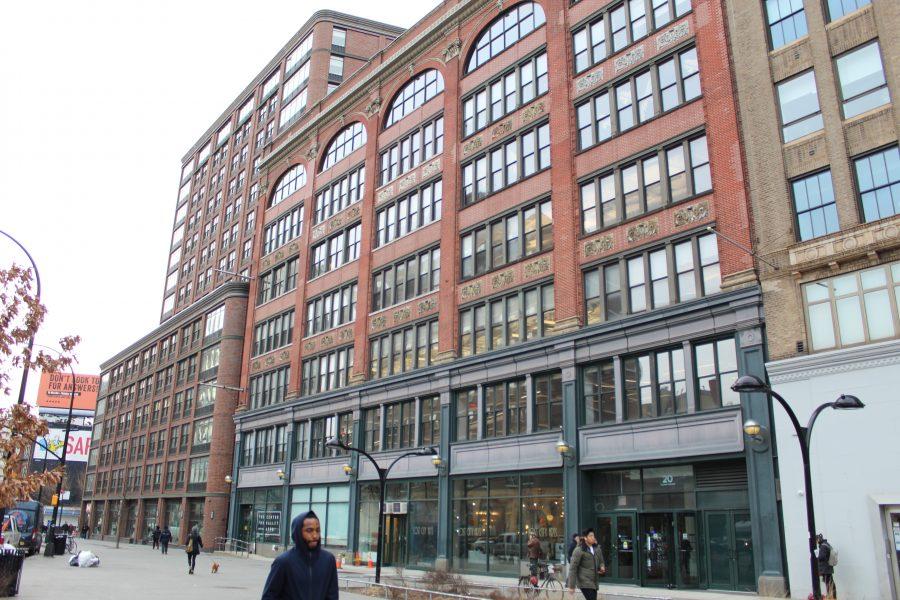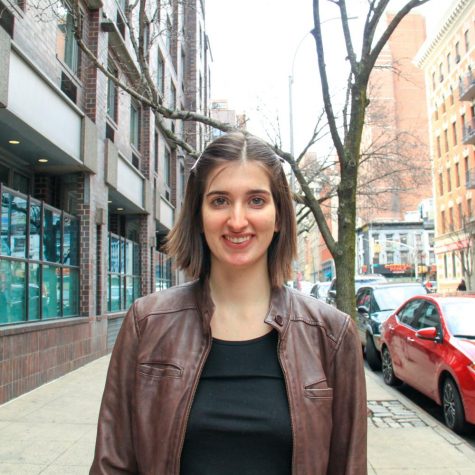Students from NYU’s newest class on mass incarceration convened on the fourth floor of 20 Cooper Square on Wednesday to meet Alex Vitale, the author of their most recent in-class assigned reading, “End of Policing.”
The Carceral Crisis Speaker Series was organized by Post Doctoral Fellow Zhandarka Kurti to run parallel to her “Carceral Crisis: Race, Class and Punishment in America” course, both of which have students delve into the topic of mass incarceration. Kurti is a member of NYU’s Prison Education Program, which focuses on providing degrees to incarcerated and formerly incarcerated people. Kurti is the program’s first postdoctoral fellow and teaches at both Wallkill Correctional Facility and at the Washington Square campus. She plans to raise awareness on the carceral state for her students by creating a course that integrates reading, presentations and the speaker series.
“I designed this course because I wanted students to have kind of a more robust understanding of mass incarceration,” Kurti said. “It’s really easy to hone in on prison, paroles, jails but we don’t really get a wider view of how the criminal justice system has taken over the lives of poor working class communities of color.”
The course is designed in three parts. Taught first is the history of prisons and where they come from, followed by how the prison system expanded and its collateral effects on communities. The last part covers what kind of reforms could be put in place to bring about significant change. A major issue both Kurti and Vitale discussed at the event on Wednesday was the mistake of adding police to an area to solve issues that are more institutional and would be best changed through policy.
“The change will come when we get community leaders to stop asking for more police, which they do all of the time,” Vitale said. “These are local problems and we have to fix them at the local level.”
Vitale advocates for more resources for mental health, drug and housing support in communities that are underfunded.
CAS first-year Joshua Jeffers is in Kurti’s class and said that it was his first experience having these types of conversations in an academic setting, but he was disappointed by the lack of change in the real world.
“It’s something that’s frequently bugging me when we go to these talks and when I go to class,” Jeffers said. “It’s really great that we’re learning about these things, but at the same time we sit here and have all these great ideas about what we can do, but how many of them will actually come to pass?”
Kurti hopes to address such feelings of doubt on the effectiveness of reforming the carceral state. The end of her course moves into a discussion on the No New Jails Coalition — a New York City advocacy group that aims to stop the expansion of jails in the area — to show students that there are concrete ways to make progress on these issues.
“It’s in part the liberal arts education you understand all these social problems in society and have all these big questions and you’re left with ‘Oh it’s so big I can’t tackle it,’” Kurti said. “But that doesn’t mean that people aren’t doing anything.”
Email Emily Mason at [email protected]
























































































































































